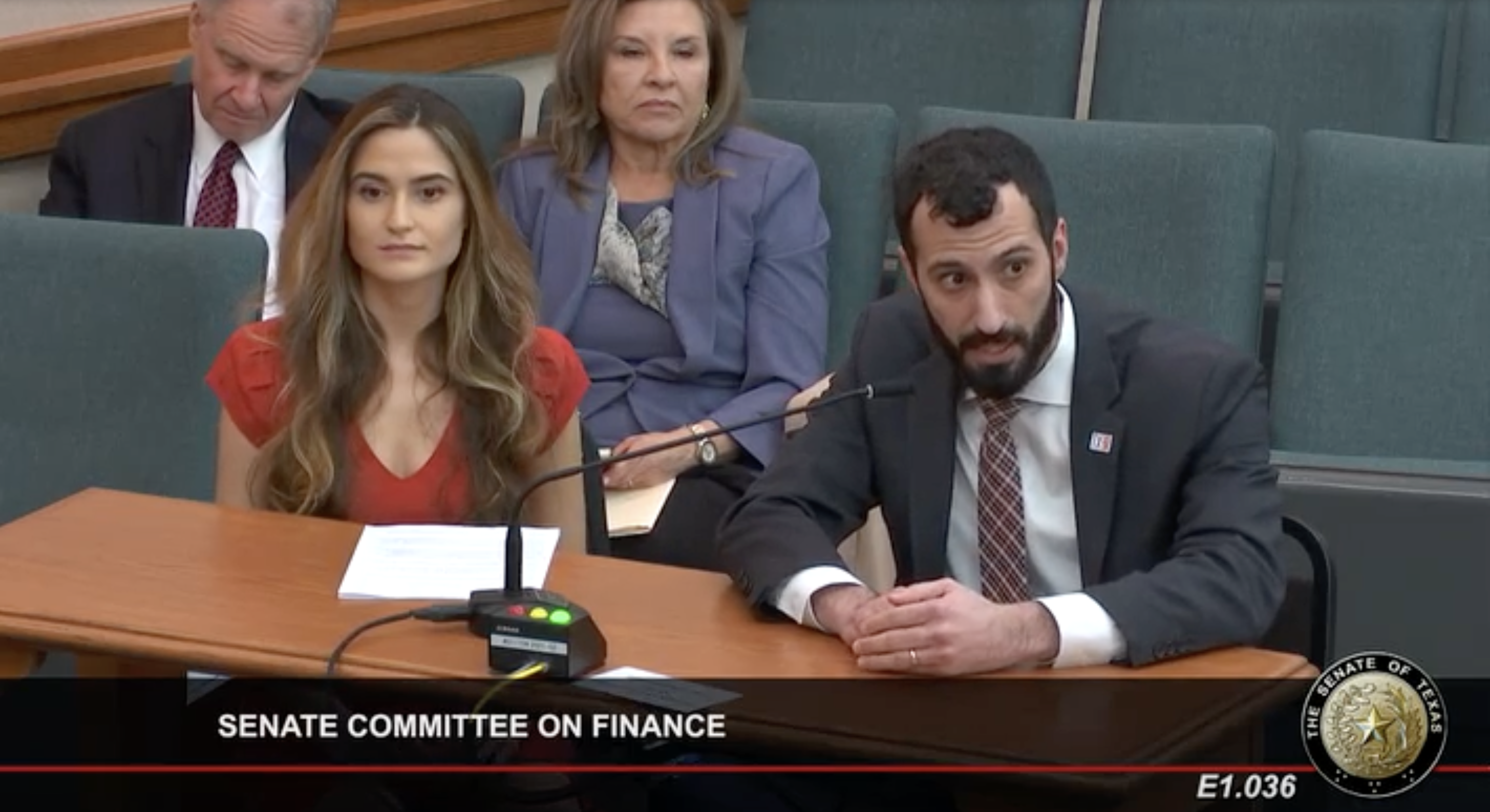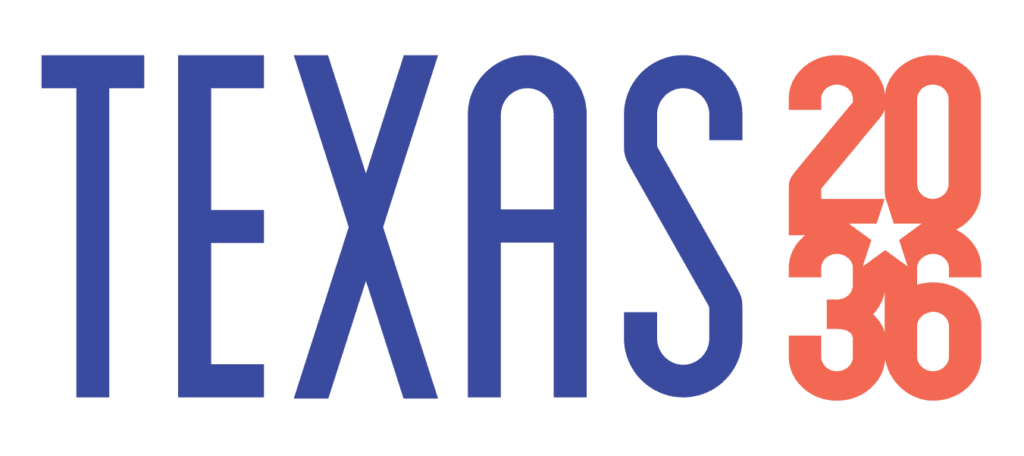Texas 2036 Policy Analyst Mitrah Avini applauded lawmakers in testimony Thursday before the Senate Finance Committee for their inclusion of $350 million in their base budgets for the establishment of the Texas Space Commission.
“Texas has long been regarded as a leader in space exploration, being home to [National Aeronautics and Space Administration’s] Johnson Space Center,” Avini said.
“Our hope,” Avini said, “is that this $350 million allocation in the budget will further the goal of positioning Texas as a global aerospace hub and will help address some of the roadblocks to our continued leadership in space.”

Competition growing for the burgeoning commercial space industry sector
She noted that Texas currently accounts for 10% of the national space economy. The commercial sector continues to grow in size and is expected to reach $1 trillion by 2040.
To compete in a changing landscape, Texas needs to keep support up for investments in science, technology, engineering and mathematics.
“We’re falling behind when it comes to STEM education, which could threaten the future of employees and others who go into this industry,” Avini said. “We’re also still struggling to expand broadband infrastructure in this state, which the Johnson Space Center says could help trigger virtual STEM learning opportunities in some of the most rural areas of our state.”
Texas’ competitors in other states are redoubling their efforts to attract and retain private space industry jobs. The state can take actions, she said, to bolster its competitive stance in this field.
“Establishing some kind of state entity or coordinating body, which could help align the aerospace industry with government would be really helpful,” Avini said, “as we currently face stiff competition from a handful of other states, including Florida, Alabama and Colorado.”
Read more from Mitrah:

